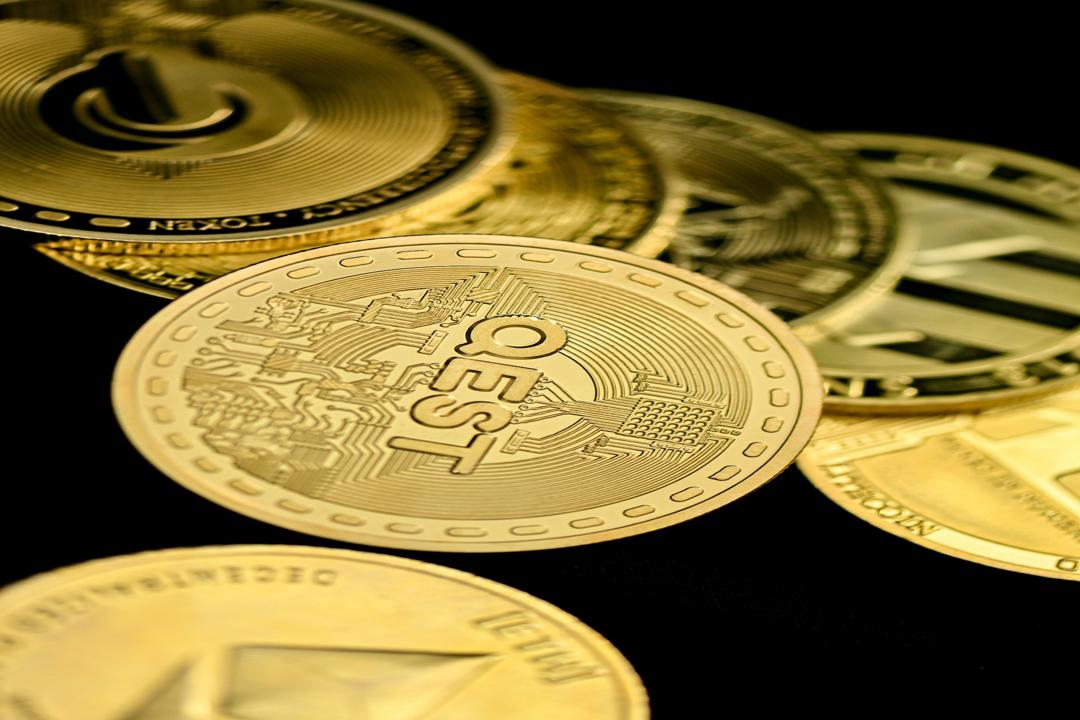With the launch of over 500,000 tokens in May alone, there has been a significant increase in the number of meme coin offerings. Websites like Pump.fun have made it easy for anyone to create a token symbol, upload an image, and launch a meme coin. Additionally, social media and trading bots have made it easier for meme coins to go viral and generate massive profits.
Given this trend, it is not surprising that we are now seeing celebrities entering the crypto space with their own tokens. However, this influx of celebrity meme coins also brings a range of legal risks.
Just last week, there was a heated debate in the crypto space about whether Barron Trump, Donald Trump’s son, is behind the DJT meme coin on Solana. The creator of this token, Martin Shkreli, claimed on Twitter Spaces that it is the official Donald Trump token, but there is no official confirmation yet.
Celebrities in crypto are not new. In the last cycle, many A-list celebrities accepted endorsement deals from crypto projects and platforms. However, due to the collapse of platforms like FTX, many celebrities faced lawsuits accusing them of misleading consumers about the risks of crypto.
In this cycle, we are seeing lower-tier celebrities using meme coins to grow their audience, make gains, and regain some relevance after being away from the spotlight for years. Even Z-list celebrities are launching meme coins.
During market cycles, both scammers and well-intentioned celebrities can drop tokens with promises they cannot deliver on. As a result, newcomers to crypto and even experienced individuals can suffer significant losses from fraudulent token drops.
Meme coins have the potential to unite communities and generate wealth for holders. This is why celebrities have turned to meme coins to expand their reach and increase their wealth. However, meme coins can also be used to manipulate markets and commit fraud.
We are entering what investor Raoul Pal has called the “Banana Zone” of this crypto cycle, where anything and everything has the potential to skyrocket. During this stage, scammers and opportunistic celebrities rush into the crypto community to pump and dump tokens for quick profits. There is a significant incentive for scammers to exploit this stage and prey on consumers.
Founders can become blind to the legal risks during the Banana Zone as they chase bigger profits. They may forget or intentionally ignore the fact that they can be sued or prosecuted for making outrageous promises about meme coin offerings.
As we enter the Banana Zone, it is crucial to remind influencers and celebrities about the legal pitfalls of launching and promoting meme coins. Regardless of whether a celebrity meme coin is considered a commodity or a security, founders can still face civil or criminal liability if they make fraudulent claims to drive up sales.
Celebrities promoting or launching meme coins can face civil liability if their actions manipulate markets. They can also face charges of fraud and misrepresentation if they make false or misleading claims.
To prove fraud, consumers must typically show that a celebrity made a false statement about their token, knowing it was false or intended to deceive, and that the consumer relied on this statement to their detriment.
Celebrities promoting meme coins may also be held liable under securities laws, which protect investors from fraud and market manipulation. Whether a meme coin is considered a security or a commodity depends on various factors. Regardless, fraudulent marketing of meme coins can subject founders to regulatory, civil, and criminal penalties.
Regulators and prosecutors evaluate token drops based on the characteristics of the token, how it is marketed, and representations about its future utility. The more exaggerated the promises of gains and utility, the more likely these tokens will face scrutiny.
Although meme coins are new to regulators, prosecutors evaluate them under existing criminal fraud statutes. If a celebrity meme coin resembles a pump-and-dump scheme, prosecutors can prove a scheme to defraud consumers.
To successfully prosecute a celebrity in a meme coin pump-and-dump scheme, the government must prove that the celebrity devised a scheme to defraud investors, acted with specific intent to defraud, used interstate wires to carry out the scheme, and that the scheme affected interstate or foreign commerce.
It can be relatively easy for prosecutors to prove these elements if a celebrity makes false statements about the token’s roadmap or anticipated gains. Market manipulation and selling tokens after artificially inflating the price can further support a scheme to defraud.
Deliberate ignorance or willful blindness regarding the illegality of their conduct is generally not a valid defense to fraud prosecution.
While meme tokens can attract attention and create financial opportunities, they also increase the risk of fraud and manipulation. Consumers need to remain vigilant, and celebrities should be aware of the legal implications of their actions.
Disclaimer: The information provided in this op-ed is for informational purposes only and should not be considered legal or financial advice. Readers should consult with their own legal and financial advisors to understand the specific implications and regulations applicable to their circumstances. The opinions expressed in this article are those of the author and do not necessarily reflect the views of any affiliated organizations, celebrities, meme tokens, or brands.
Edited by Andrew Hayward


